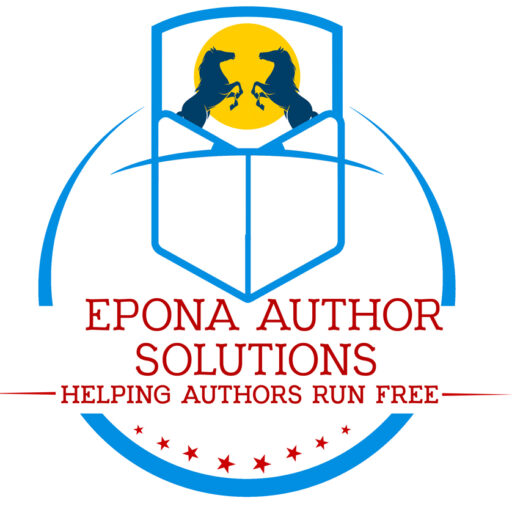In technology, there’s a dichotomy between those who are “computer people” and those who don’t consider themselves technologically inclined. Among the authors I speak with, this usually leads to their brushing away opportunities or systems for their business (and if you claim it on your taxes, then it’s a business) rather than dealing with the frustration. However, I’ve found that as an author technologist, I’m discovering that technology has the ability to enhance my creativity, to make my job as a word weaver easier, rather than more difficult. And I say that as someone who works in technology who has been known to laugh, shrug my shoulders, and say “It’s a computer. Turn it off and back on again and see if that works.”
Now, I’m not talking about AI or autocomplete/automatic suggestions, or any thing that does the work for us. I believe that work created by actual humans, rather than mashed together from an amalgamation of different works and then spit back out by a computer, will always be superior. Sure, about half the time the suggestion that Word or Gmail gives to complete a sentence is correct, but it’s not because I’m working on some fiction story or great magnus opus. Instead, the fact that Google can complete a sentence is because we say, “I look forward to hearing from you” or any number of benign, repeatable, throwaway phrases, thousands of times a day. So when you start to type “I look…” into your email, Google says “aha, I know what that’s going to say” and finishes it for you.
An author technologist is someone with a passion for technology, who uses it to help themselves make the business side of their writing easier. There’s a synergy between the creativity of finding a specific software solution (For example, I’m currently experimenting with and on the hunt for open source website analytics, to get my data out of the hands of Google.) and the creativity needed to sit down and write this blog post, or get another 1000 words on one of my many WIPs.
Being a word weaver doesn’t just mean print, or digital text, either. For me it’s part of my work hosting the shows on the MuseCharmer Network and finding technology, like the platform I use to distribute our podcasts, that works best for me and helps me to own all my data and processes.
It may seem odd to find someone who is as much a technology coach and virtual assistant as they are a creativity coach, but to me, the two go hand-in-hand. I’d love to hear your thoughts about this. How do you use technology to stay more creative?

